
When Enzo Eleazar and Eltud Oguste left their native Haiti four years ago in search of the American Dream, they never imagined that they would become parents for the fifth time nor that their child would be born in Costa Rica with a cédula starting with the number five.
With less than a month before their child will be born, the couple’s priorities have changed drastically. The goal no longer is to reach North America, but instead for their son or daughter – they don’t know the child’s sex yet – to be born and survive at the Temporary Migrant Attention Center (CATEM), El Cruce, located along Route 1 a few kilometers from downtown La Cruz.
This shelter was created on September 27, 2016 and according to statistics provided by Immigration it has housed up to 1,800 migrants from Africa, Cuba and Haiti.
Read also: La Cruz has three migrant-attention centers
This July, however, that number had fallen to just 14 families, the majority of which are Haitian like Enzo and Eltud.
No papers, no work
The main obstacle that these Haitian migrants face is their lack of personal identity documents, which impedes their ability to continue on their journey and work legally in the country.
They both lost their passports six months ago in Nicaragua as they tried to cross the border.
Enzo, 33, worked in construction and carpentry and would give anything to have a job that allowed him to provide for his family.
“Sometimes, when I think about how my child is going to be born, I think that death would be better. How am I going to take care of her [Eltud] and the baby? I don’t have 500 pesos to buy her a cookie. I do have to arms and two legs for working, but I can’t,” Enzo says sadly.
Eltud, 28, doesn’t speak Spanish – just Haitian Creole. When Enzo asks her about how she feels about having a baby in Costa Rica, her face fills with resignation.
Once in awhile, when someone gives them ¢1,000, Enzo uses the money to add minutes to his phone and write WhatsApp message to the rest of his family in Haiti so they know they are still alive.
Out of the four years they’ve been on the road, they spent three of them in Brazil, where they sold refreshments and bracelets. That kept them afloat and allowed them to save a little for the rest of the trip that went through Peru, Ecuador, Colombia, Panama, and now La Cruz.
Do they regret leaving Haiti?
“No, no, no,” says Enzo, shaking his head. “There is no work in Haiti. I didn’t leave to make more money, I left to continue living,” says Enzo as he sits on a rock at the entrance to the camp.
Living in tents isn’t new for Eleazar. He remembers that, after the earthquake that shook the country in 2010, part of his family had to be evacuated to a refugee camp.
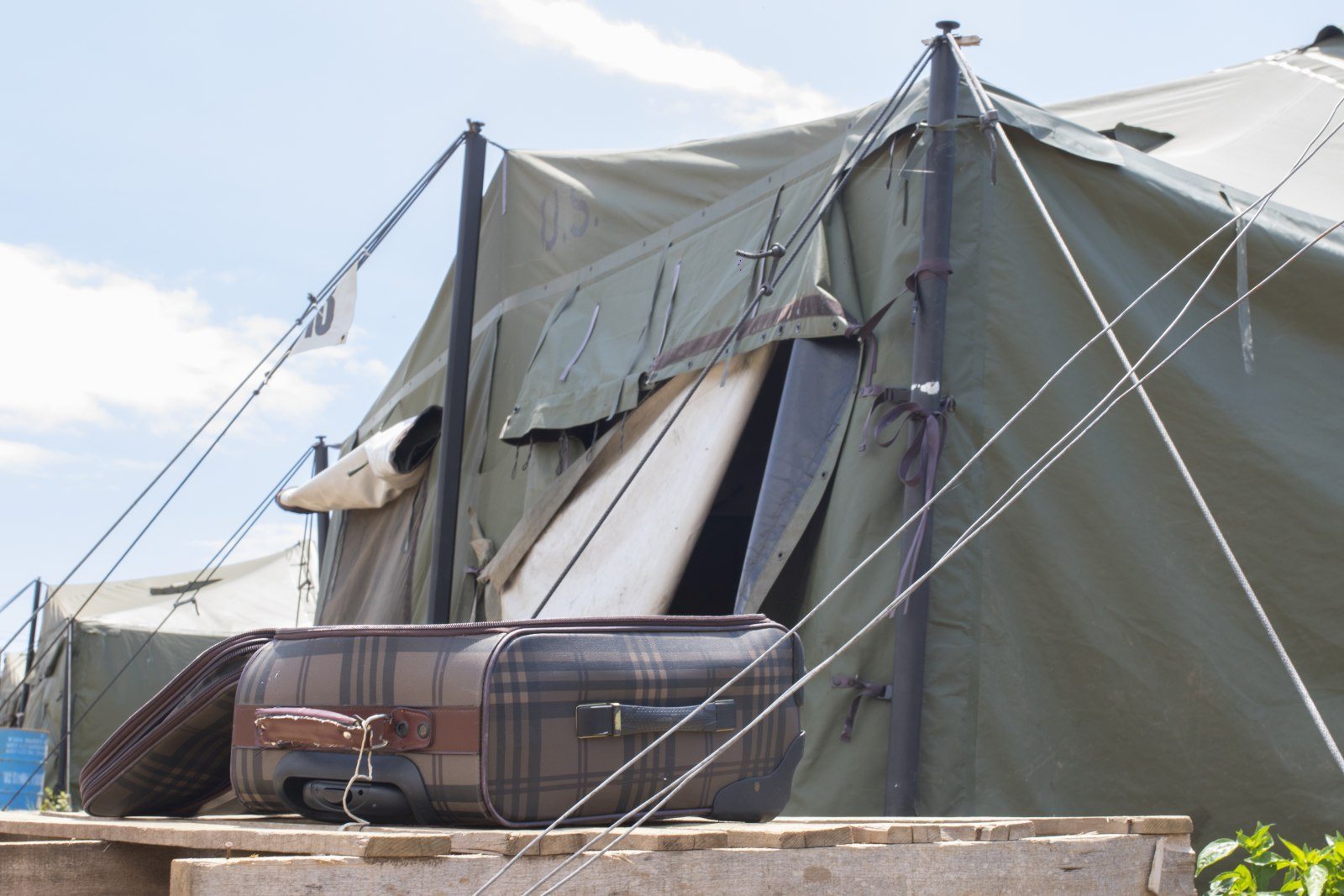
Both of them are grateful for the help from the Red Cross, Immigration, nurses, and a couple of translators that work in CATEM.
Enzo and Eltud hope that their immigration status improves with the birth of their child, as they’ll have the same rights as any other Costa Rican.
“I don’t want my child to grow up in Haiti. If my child is born here, he’ll be Costa Rican. I think that’s good,” he says with enthusiasm.


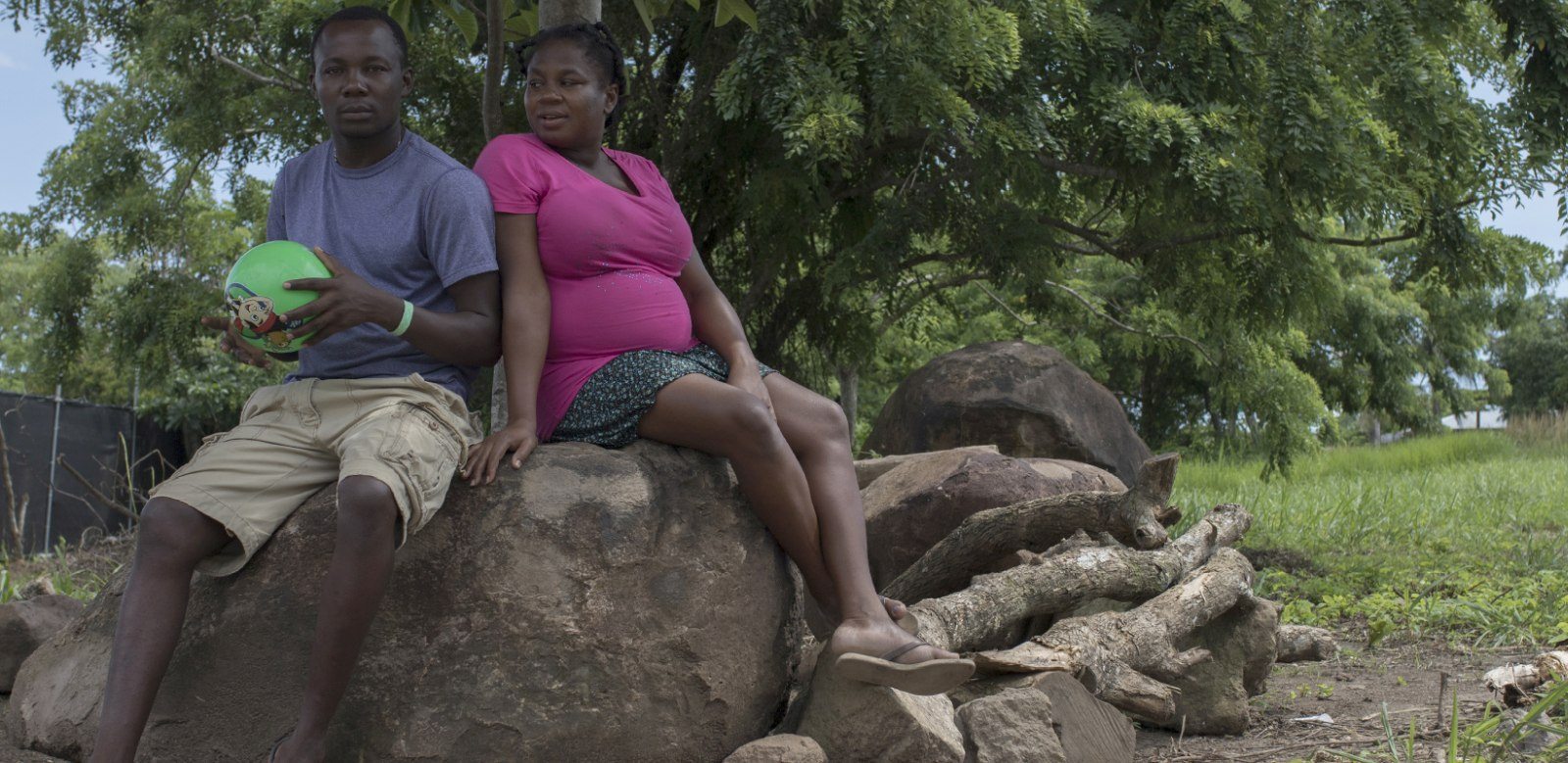

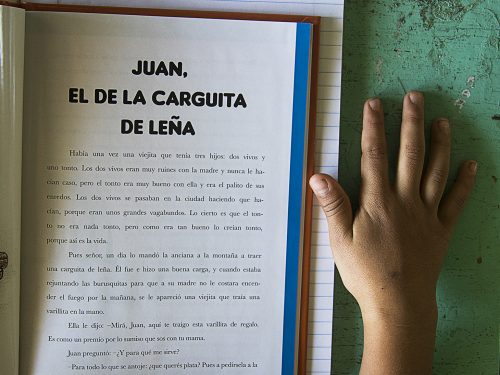
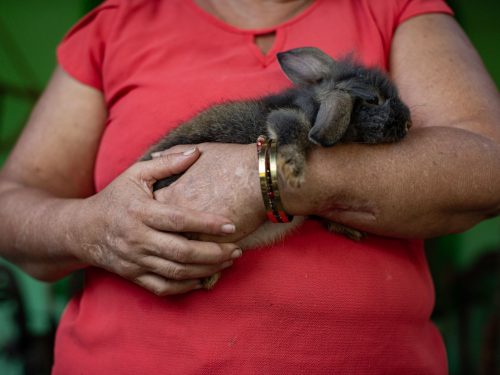
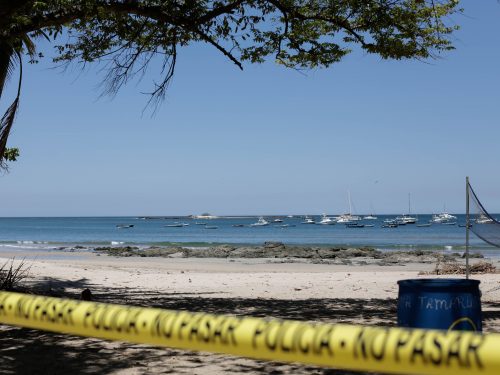

Comments